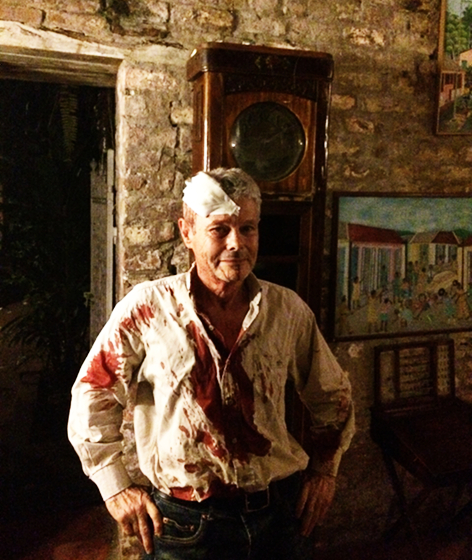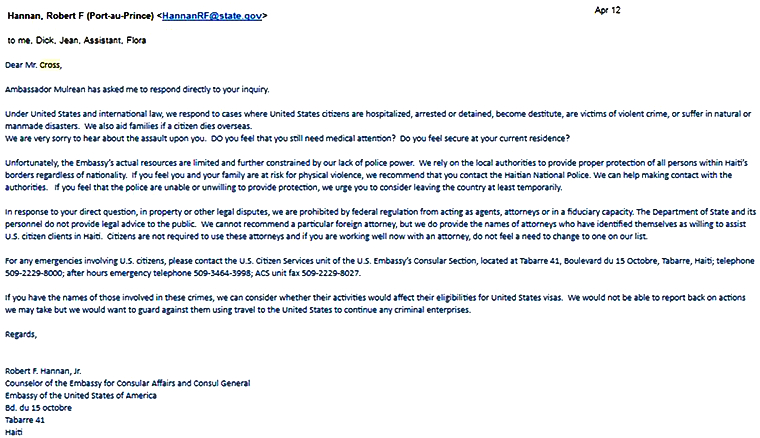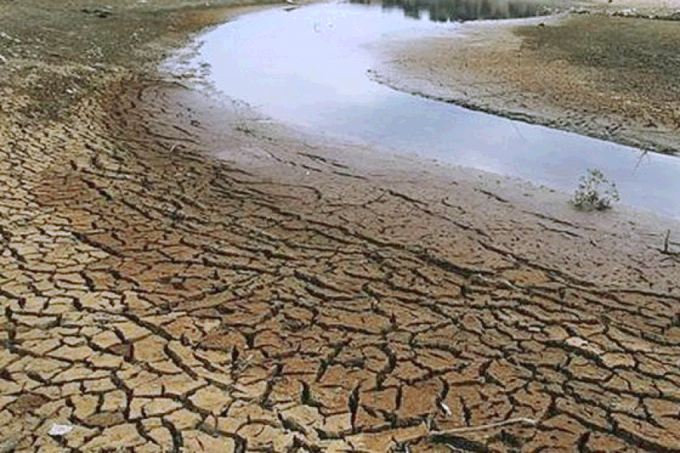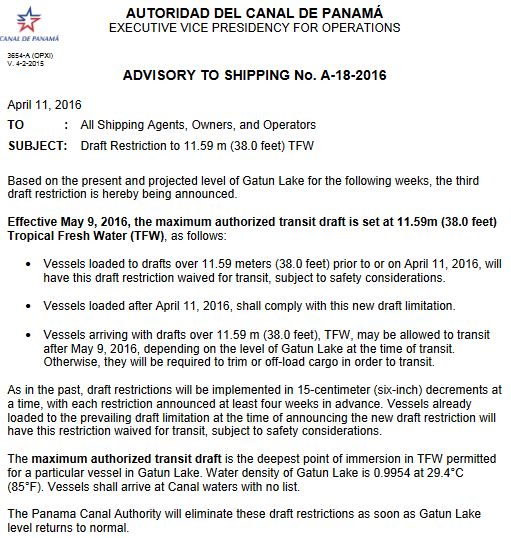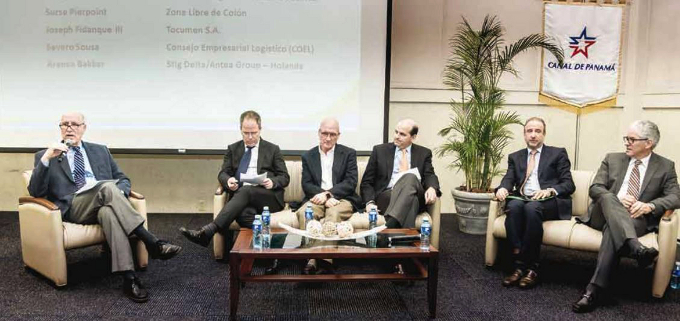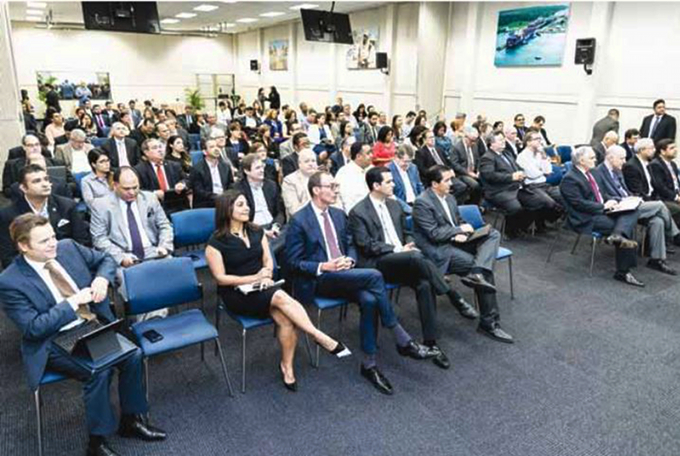 “Us” and “Them”
“Us” and “Them”
by Uri Avnery — Gush Shalom
No. It’s not “us” and “them.”
Not “us” — the good ones, the moral ones, the righteous ones. Or, to put it bluntly, the magnificent ones. The Jews.
And not “them” — the bad ones, the evil ones. To put it bluntly again: the despicable ones. Yes, the Arabs.
We, who were chosen by God, because we are so special.
They, pagans all, who pray to all kinds of idols, like Allah or Jesus.
We, the heroic few, who are faced in every generation by those who want to destroy us, but we save ourselves from their hands.
They, the many cowards, who want to kill us and our state, and our courage defeats them.
They, all the goyim, but especially the Muslims, the Arabs, the Palestinians.
No, its not like this. Not at all.
Some days ago, Yitzhak Herzog said something especially obnoxious.
Herzog, the leader of the Labor Party, the chairman of the “Zionist Camp” union, the Chief of the Opposition (a title conferred automatically on the leader of the largest opposition party), declared that his party is failing at elections because people believe that its members are “Arab lovers.”
If translated into German, it may be better understood. For example, that Angela Merkel’s party consists of “Jew lovers.”
Nobody says so. Indeed, nobody can say so. Not in today’s Germany.
One may assume that Herzog did not mean it the way it sounds. Certainly not in public. It just escaped his mouth. He did not mean it.
Maybe. But a politician who lets such words escape his mouth cannot be the leader of a large political camp. A party with such a leader, which does not throw him out on the same day, is not worthy of leading the country.
Not because he is wrong. There are certainly many people who believe that the Labor Party members are “Arab-lovers” (though there is no sign that they are. It must be a secret passion.) And many people believe that the Labor Party is sinking to the bottom because so many believe this awful thing. There are plenty. Problem is, this kind of person would not vote for Labor, and even less for Herzog, even if they jumped into the air and shouted: “Death to the Arabs!”
And even this is not the most important fact. The most important fact is that beyond all the moral and political considerations, these words disclose an abysmal lack of understanding of the Israeli reality.
Today’s Israeli reality means that there is not the slightest chance to remove the Right from power if it is not faced with a united and resolute Left which is based on Jewish-Arab partnership.
There is the demographic reality. Arab citizens constitute about 20% of Israelis. In order to achieve a majority without the Arabs, the Jewish Left would need 60% of the Jewish public. A pipe dream.
Some dream about the Center, which could do the job of the Left. That is a pipe dream, too. The Center is not a force, it has no spine, no ideological base. It attracts the weak and the meek, those who do not want to commit themselves to anything. The Yair Lapids and the Moshe Kahalons, like their predecessors, like their likely successors, are the tails of foxes, not the heads of lions. Since the days of the Dash party in 1977, they will always trail the Right. That’s where they came from, that’s where they will return.
Past are the days of the old Labor Party, Mapai, with its tails — the former national-religious party and the Jewish-Oriental Shas party.
A new, large and strong Left must arise.
Such a Left, new, large and strong, cannot arise but on the solid basis of Jewish-Arab unity. This is not a dream or a forlorn hope. It is a simple political fact. Nothing good will come about in the country but on the basis of Jewish-Arab partnership. This partnership made the Oslo agreement possible. Without the Arab votes in the Knesset it would not have passed. Such a partnership is necessary for any step towards peace.
The argument that a leader “does not love Arabs” is irrelevant in itself. It just says that the person is unfit to lead Israel. He will not succeed in anything, certainly not in making peace.
Not to mention the fact that the phrase “loving Arabs” is childish. How can one love — or not love — an entire people? In every people — including ours — there are good and bad individuals, good-hearted and evil ones, friendly and antagonistic ones. “Arab lover” is like “Jew lover” – two words that have a strong anti-Semitic smell, as every Jew well knows.
I was an eye-witness — and an action-witness — to many efforts to establish a Jewish-Arab partnership in Israel, literally from the first days of the state.
As I have already recounted many times (perhaps too many), immediately after the 1948 War I was part of a tiny group which compiled the first plan for a “two-state solution.” In the 1950s I took part in setting up the “Committee against the Military Government,” a Jewish-Arab group that fought for the abolition of the repressive regime to which Arab citizens were then subjected. (It was abolished in 1966). In 1984 I took part in creating the “Progressive List for Peace,” an Arab-Jewish party that won two seats in the Knesset, one for an Arab, one for a Jew. And there were many efforts in between.
I mention them in order to illustrate a frightening fact: during the last 30 years, the cooperation between the Jewish and Arab peace forces has not grown, but on the contrary, has shrunk. It is in a steady process of decline. And so, by the way, is cooperation between the Israeli and Palestinian peace forces.
This is a fact. A sad, depressing, even despair-creating fact. But a fact, nevertheless.
Who is to blame?
Such questions are quite pointless when it comes to historical processes. Every historic tragedy has many fathers. In spite of this, I shall try to answer.
I shall testify against myself: right from the beginning of the occupation in 1967, I cut down on my activities for Jewish-Arab cooperation inside Israel, in order to devote all my efforts to the struggle for Israeli-Palestinian peace, for the end of the occupation, for the Two-state Solution, and for the relations with Yasser Arafat and his successors. All these seemed to me then much more important than the quarrel inside Israel. Perhaps this was a mistake.
The Israeli Left asserts that the Arab citizens have become “radicalized.” The Arab citizens argue that the Jewish Left has betrayed and neglected them. Perhaps both are right. The Arabs believe that the Jewish Left has abandoned them, both in the matter of peace between the two peoples and in the matter of equality within the state. The Jewish Left believes that the utterances of people like Sheikh Ra’ed Salah, MK Hanin Zuabi and others destroy any chance of the Left returning to power.
Both are right. The blame may be apportioned equally, 50-50. But the guilt of people from the dominant group weighs much more than the guilt of the oppressed one.
Every day provides new evidence of the abyss between the two peoples within Israel. It is difficult to understand the silence of the Jewish Left in the affair of the wounded Palestinian murdered in Hebron by a Jewish soldier. It is also difficult to pardon the Holocaust denial rampant among the Arabs.
I feel that this abyss is getting wider and deeper. For years now I have not heard of a serious attempt by the two sides to set up a joint political force, a common narrative, joint personal and public relations — both at a high and a low level.
Here and there good people initiate small efforts. But there is no serious nationwide political initiative.
If I had received a phone call: “Uri, the time has come. A serious initiative is under way. Come and help!” I would have jumped into the air and shouted: “Here I am!” But no such call has come.
It must come from below. Not another initiative from old men, but an effort of young people, fresh and determined.
(The old ones, like me, can contribute their experience. But it is not for them to take the initiative.)
Such an effort must start from zero. Entirely from zero.
First of all, It must be a joint effort by Jews and Arabs, Muslims, Christians and Druze, in close cooperation, from the very first moment. Not Jews inviting Arabs. Not Arabs inviting Jews. Together, an inseparable bond, from the moment of inception.
One of the first tasks is to agree on a joint historical narrative. Not an artificial one, not a sham one, but real and true, one that takes into account the motives of the Zionists and the Arab nationalists, the limitations of the leaders on both sides, the humiliation of the Arabs by Western imperialism, the Jewish trauma after the Holocaust, and yes, the Palestinian Nakba.
There is no use for the question: “Who was right?” Such questions should not even be uttered. Both people acted according to their circumstances, their miseries, their beliefs, their capabilities. There were sins. Many of them. There were crimes. On both sides. But they, too, were the outcomes of the circumstances, of the times. They must be remembered. Certainly. But they must not be obstacles to a better future.
Twenty years ago, Gush Shalom (the organization to which I belong) published such a joint narrative, which was true to the historical facts and tried to encourage understanding for the motives of the two sides. Some more such efforts have been made. Such an effort is essential to establish an intellectual and emotional basis for a real partnership.
It may not be necessary to create a joint party. Perhaps that is not realistic for now. Perhaps it would be better to set up a permanent coalition of political forces of both sides.
Perhaps a joint shadow parliament should come into being, for thrashing out the difference in a regular and public way.
True partnership must be personal, social and political. The aim must be, right from the beginning, to change the face of Israel and to remove the forces that are leading it toward a historic tragedy. In other words: to assume power.
At the same time, personal and social bridges should be built – between localities, between towns, between institutions, between universities, between mosques and synagogues.
Neither Yitzhak Herzog nor the Labor Party can lead this effort on the Jewish side. Neither Herzog nor his rivals in his party, who desire to take his place. (It seems that in the Labor Party no politician can aspire to leadership unless he or she has already utterly failed in the past.)
What is needed is a young, energetic, ground-breaking new leadership. Not another of those young people who appear on the scene, create a new little group, do good things for a year or two, and then disappear as if they had never existed. What is needed is people who are ready to work together, to set up a force, to lead the state in a new direction.
“Arab lovers?” Yes. “Jew lovers?” Sure. But above all life-lovers, peace-lovers, lovers of this country.
~ ~ ~
The announcements below are interactive. Click on them for more information










